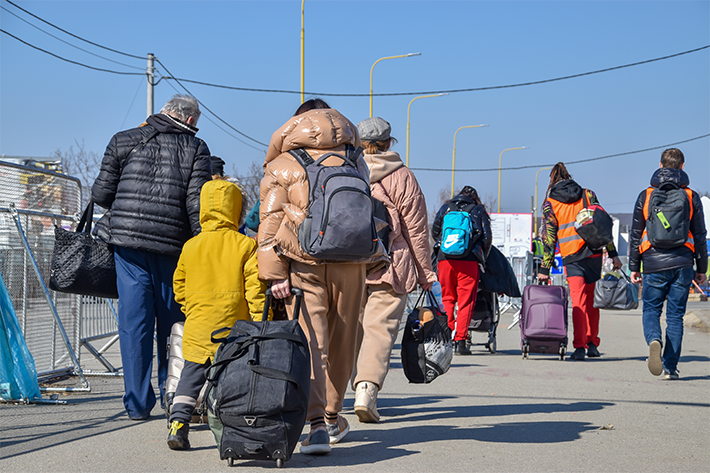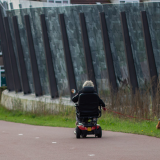Eurofound’s studies have looked at access to services and benefits both as means to meet specific needs and as part of integrated efforts to promote inclusion. Quality public services are a vital means for achieving high levels of social protection and social inclusion. Eurofound research examines access to and quality of a variety of social services, also investigating the impact of COVID-19 on the use and delivery of such services. The focus is on those services and benefits that respond to the needs of vulnerable groups such as older people, migrants, young people or people with disabilities.
Research will also focus on structural change, driven largely by digitalisation, climate change and also COVID-19, and how to ensure just transitions that promote social protection and workers’ rights.
Social protection and quality of life
Eurofound examines access to and quality of social protection in its European Quality of Life Survey (EQLS). EQLS 2016, the latest edition, includes an analysis of perceptions of insecurity around different societal concerns: personal safety, housing insecurity, employment insecurity and income insecurity. It also includes an extended module on access to and quality of healthcare, long-term care, childcare and education.
Provision of social services
With people living longer, the need for affordable care of high quality is increasing. Research on care homes for older Europeans examines long-term care services in the public and private sectors, looking into issues of quality, accessibility and efficiency of services. Access to early childhood education and care services and the quality of such services are also receiving greater attention in the EU, both to enable employment of parents, especially mothers, and to promote the well-being of children. A Eurofound study assessed evidence on the elements of working conditions and in-service training that increase the quality of such services.
In its 2013 resolution, Social housing in the EU, the European Parliament called on Eurofound to examine the cost of inaction on inadequate housing. The EQLS has also highlighted problems with the affordability of housing, while other research has examined the development of advisory services to help people deal with household debts. Moreover, Eurofound’s study on access to social benefits examines where gaps have been identified between eligibility and take-up of social benefits and provides an overview of problems that people encounter in accessing benefits. Another strand of research has explored the social dimension of intra-EU mobility and specifically looked at the impact on social protection and public services, including the take-up of welfare benefits.
Other research has focused on the provisions on maternity leave in the Member States, showing a high level of compliance with the provisions of the Maternity Leave Directive (92/85/EEC).
Eurofound has examined successful initiatives aimed at promoting the social inclusion of young people in the EU. Research has also explored the situation regarding access to social protection for young people on temporary or fixed-term contracts. A further study examined the implementation of active inclusion policy as an instrument for combating the exclusion of young people with disabilities or health problems from the labour market.
Upward convergence in social protection systems
Through the various strands of research, Eurofound will monitor upward convergence in social protection and provide in-depth analyses of convergence trends among European countries.

























